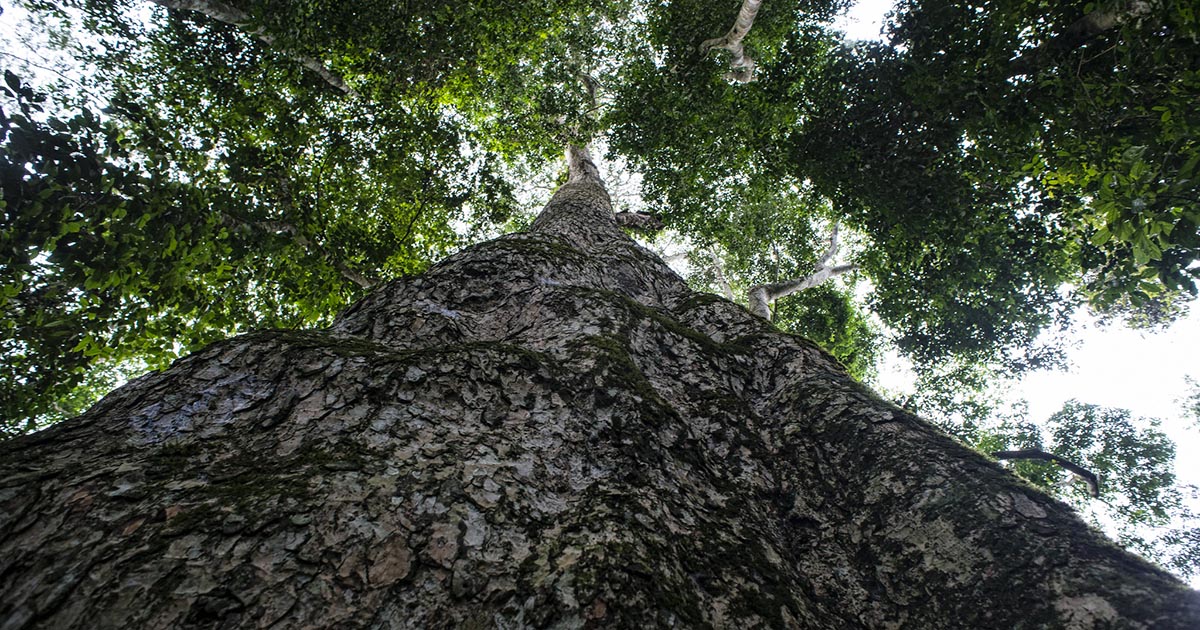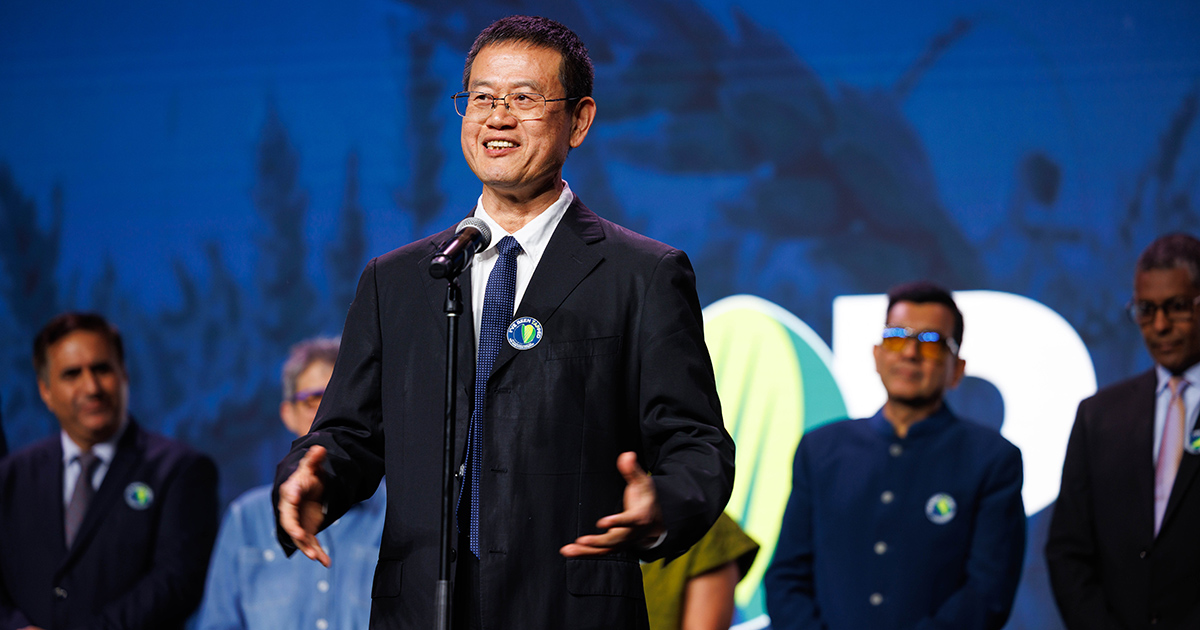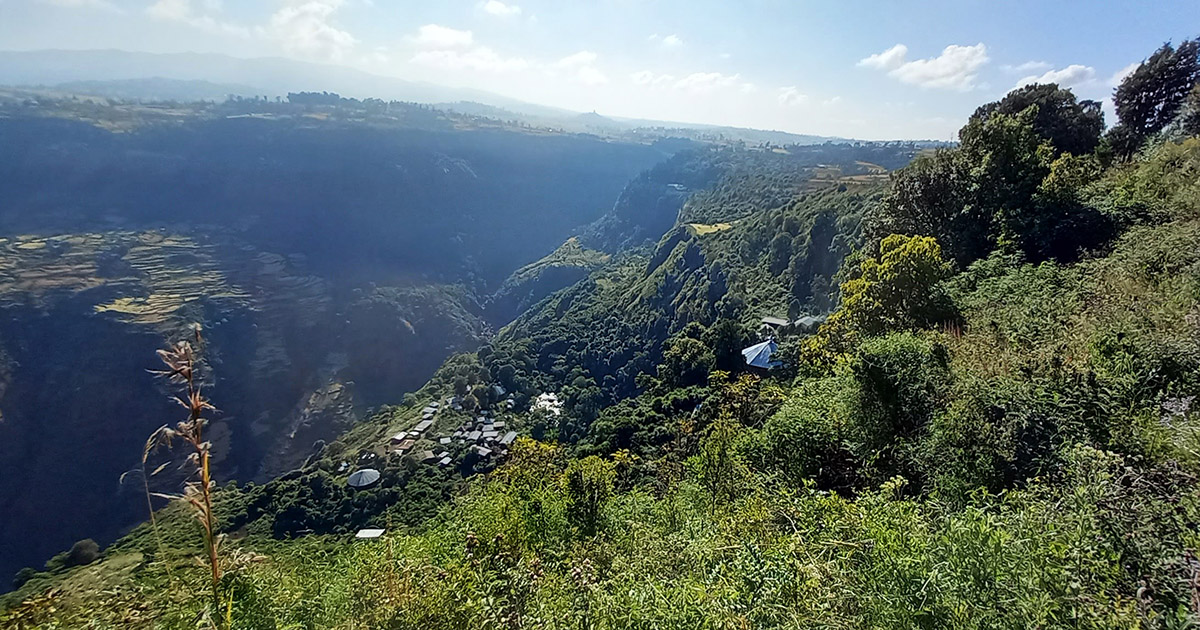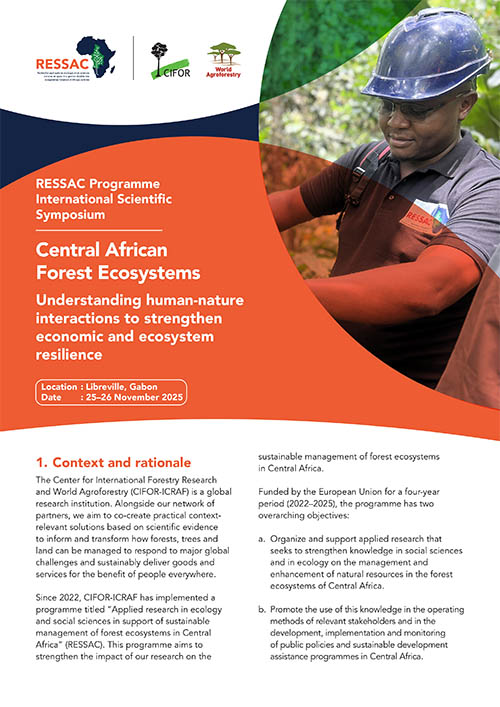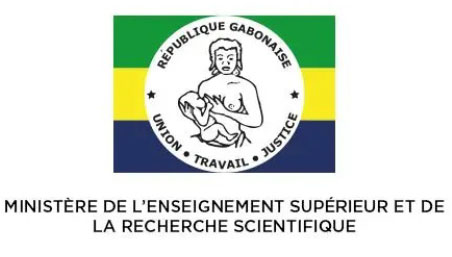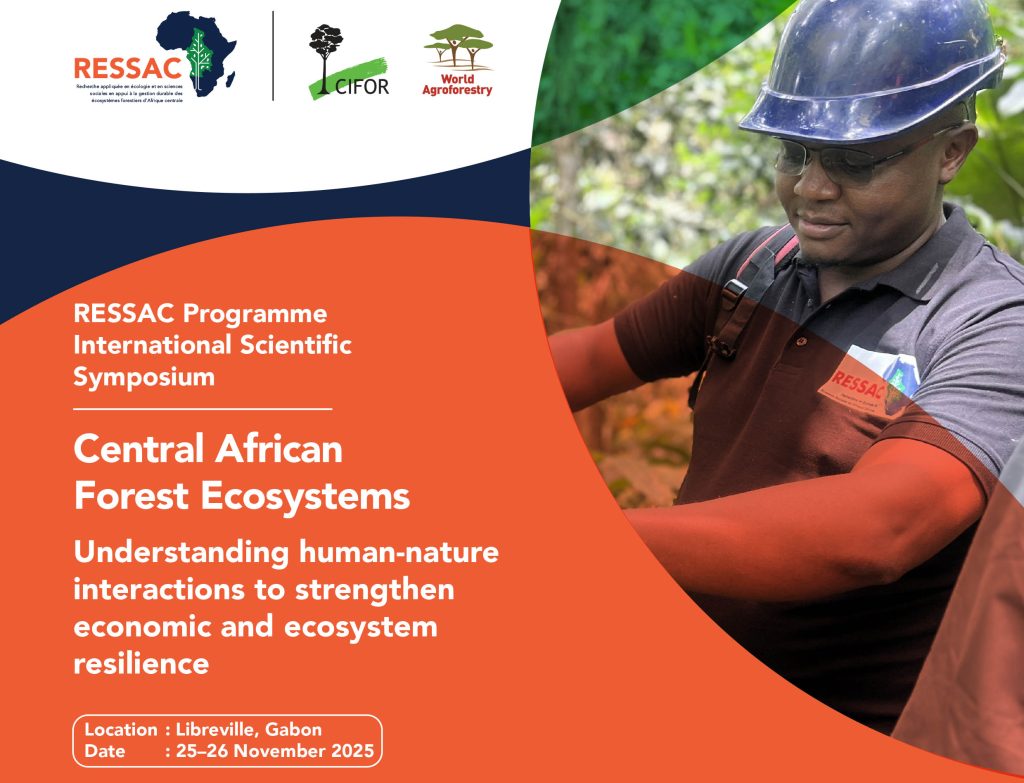
Context and rationale
The Center for International Forestry Research and World Agroforestry (CIFOR-ICRAF) is a global research institution. Alongside our network of partners, we aim to co-create practical context relevant solutions based on scientific evidence to inform and transform how forests, trees and land can be managed to respond to major global challenges and sustainably deliver goods and services for the benefit of people everywhere.
Since 2022, CIFOR-ICRAF has implemented a programme titled “Applied research in ecology and social sciences in support of sustainable management of forest ecosystems in Central Africa” (RESSAC). This programme aims to strengthen the impact of our research on the sustainable management of forest ecosystems in Central Africa.
Funded by the European Union for a four-year period (2022–2025), the programme has two overarching objectives:
- Organize and support applied research that seeks to strengthen knowledge in social sciences and in ecology on the management and enhancement of natural resources in the forest ecosystems of Central Africa.
- Promote the use of this knowledge in the operating methods of relevant stakeholders and in the development, implementation and monitoring of public policies and sustainable development assistance programmes in Central Africa.
Under this programme, 27 applied research projects in 11 Central African countries have been selected to receive scientific and financial support. One of the innovations of the RESSAC programme has been its approach to project development and implementation through consortiums bringing together NGOs, the private sector, research institutions and universities in the Global North and South.
Three years after the launch of the RESSAC programme, and in line with the recommendations of the mid-term evaluation of the project, the programme’s coordination team and Scientific Committee are organizing an international scientific symposium with the aim of consolidating the knowledge generated in Central Africa on the topics in question.
The symposium is being hosted by the Ministry of Higher Education and Scientific Research of the Republic of Gabon and co-organized with the Network of Higher Education Institutions and Research Institutions in Central Africa (REESIRAC).
The symposium will allow us to share the results of the projects supported, as well as other work carried out in Central Africa on similar themes. This will make it possible to better assess the progress made, strengthen networks of researchers and identify post-RESSAC research and collaboration opportunities. The scientific symposium will be followed by a discussion forum bringing together institutional leaders and researchers to document good practices, catalyse research partnership clusters to improve scientific leadership, and influence sustainable forest management policies and practices in Central Africa.
The symposium will address the 23 interdisciplinary and/or multidisciplinary research themes covered by the RESSAC programme. These themes relate to major and daily challenges for stakeholders involved in the sustainable management of forest resources in most Central African countries.
Objectives of the symposium
This symposium aims to mobilize sub-regional scientific expertise on key themes for the sustainable management of Central African forests, focusing on three main dimensions: environmental sustainability, economic profitability and social equity. It is intended primarily for researchers and stakeholders involved in the RESSAC programme, but should also be of interest to stakeholders dealing with similar topics. Its specific objectives are to:
- Share the salient results of the research conducted as part of the RESSAC programme, focusing on their policy and practical implications for improving forest resource management and the wellbeing of indigenous peoples and local communities (IPLCs) in Central Africa.
- Explore opportunities for synergy and collaboration between research teams and institutions on research topics related to ecology and social sciences applied to the management of forest ecosystems in Central Africa.
- Draft a summary document and a declaration to inform and guide the science-policy forum on the institutionalization of innovative models for research partnerships on themes relevant to the sustainable management of Central African forests.
- Propose practical recommendations that take into account the results of this research to improve the legislative, political and cultural environment and the active recognition of the rights and knowledge of IPLCs for better integrated and inclusive forest resource management in Central African countries.
Symposium format
The two-day symposium will consist of opening talks, thematic presentations, poster sessions and panel discussions/World Cafés:
- The opening talks, lasting 45 minutes, will cover the three main themes of the conference. They will comprise a 30-minute presentation followed by 15 minutes of discussion.
- Twelve thematic presentations across three parallel sessions on each of the symposium’s themes. Each session will last 120 minutes and will consist of four 20-minute presentations followed by a general discussion.
- Two poster sessions will be organized on the first day of the symposium to present the research that could not be presented orally. The Master’s students’ project work supported as part of the RESSAC programme will also be presented during these sessions.
- The last afternoon of the symposium will be devoted to discussion panels/World Cafés to make concrete proposals, develop a roadmap to build on the achievements of the RESSAC programme and discuss steps for the future.
Themes and sub-themes of the symposium
Theme 1: Socio-economic, political and cultural aspects of forest resource management in Central Africa
- Sub-theme 1: Policies, institutions, land tenure and forest governance
- Sub-theme 2: Human-wildlife conflicts and community hunting
- Sub-theme 3: Forests, social inclusion, indigenous peoples and traditional knowledge in forest resource management
- Sub-theme 4: Community and ecosystem resilience in the face of anthropogenic and natural pressures
Theme 2: Agricultural production systems and natural resource conservation
- Sub-theme 5: Agricultural production systems, nutrition and food security
- Sub-theme 6: Agroforestry and agroecological resilience of landscapes
- Sub-theme 7: Landscape and ecosystem restoration in Central Africa
- Sub-theme 8: Ecosystem services of agricultural and forest landscapes in Central Africa
Theme 3: Assessment, management and dynamics of forest resources in a context of climate change
- Sub-theme 9: Biodiversity and dynamics of forest stands
- Sub-theme 10: Non-timber forest products, human health and wellbeing
- Sub-theme 11: Climate change and socioecological dynamics in forest and agroforestry landscapes
- Sub-theme 12: Genetic tools, new technologies and international governance of forest and tree products and services
Calls for abstracts for the symposium
We will launch a call for abstracts with a focus on research led by the consortiums. We are open to submissions on similar or complementary work on the symposium themes in Central Africa.
We are seeking abstracts for:
- The opening talks, which should analyse the current situation for each of the symposium’s themes, taking a cross-cutting approach. They should identify the progress made, gaps and research opportunities, taking into account emerging concepts and challenges at the global level. They should present the current dynamics affecting the management of forest resources in relation to the theme and assess the potential for the emergence of new, more inclusive practices. They should consider how the cultural and political communities of Central Africa will participate in these practices.
- The 20-minute thematic presentations on specific aspects of the 12 sub-themes presented above. Epistemological and/or interdisciplinary approaches will be considered favourably.
The abstracts should contain information on the sustainable management of forest resources, document good practices identified through research and propose a holistic multidisciplinary approach to improve forest management policies and practices in Central African countries.
We recommend that abstracts use the following format:
- A title related to one of the symposium’s themes or thematic sessions.
- The full contact details of the author(s): surname(s), first name(s), status, discipline, institution or laboratory of affiliation, email address.
- A 300-word abstract for the oral/poster sessions and a 500-word abstract for the opening talks (not including spaces) on one page maximum (Microsoft Word file, font size 12, Times New Roman, single line spacing).
For the thematic sessions, the abstract should include the theoretical framework, methodological tools and main findings on which the presentation will elaborate.
For the opening talks, the abstracts should indicate the research method used, how the bibliography was selected and analysed, the number of publications used, the main achievements, gaps and key messages.
Please send abstracts to the following email address: Science colloqueressac@cifor-icraf.org.
Preparation and arrangements for participating in the symposium
The conference will be hybrid; participants may therefore attend in person or remotely.
Participants whose abstracts are selected by the Scientific Committee will be funded to attend in person. Other participants will be able to participate remotely by registering online. Only the plenary sessions will be open for hybrid participation.
Key dates
- 11 August 2025: Call for abstracts
- 22 September 2025: Deadline for submission of abstracts
- 30 October 2025: Successful submissions notified, followed by call for submissions of presentations and revised versions of abstracts. A detailed guide on the format of the presentations will be made available to authors.
- 5 November 2025: Deadline for submission of revised abstracts for the production of the book of abstracts
- 10 November 2025: Deadline for submission of presentations
- 15 November 2025: Publication of the final symposium programme and book of abstracts
- 25–26 November 2025: Symposium




